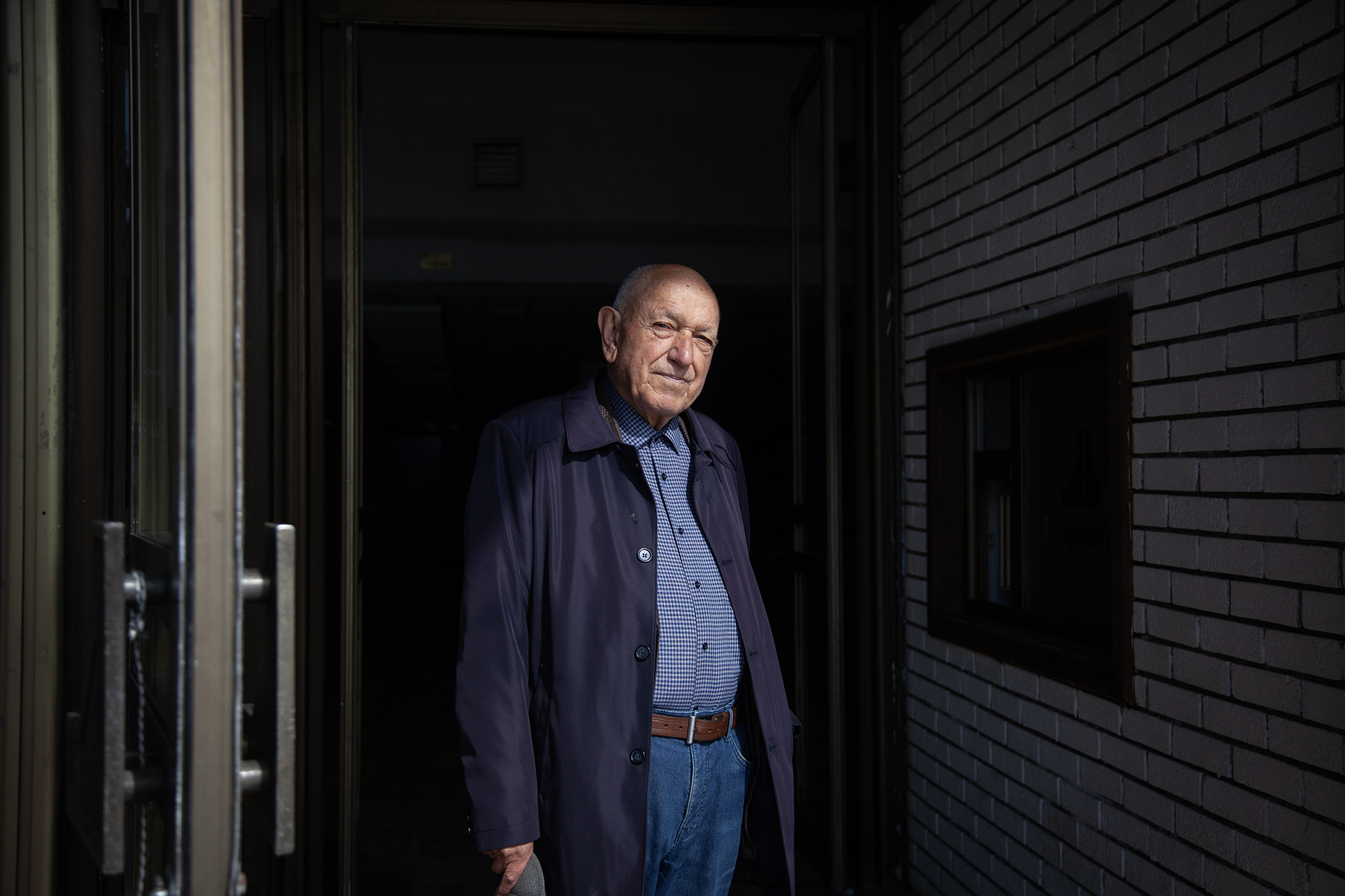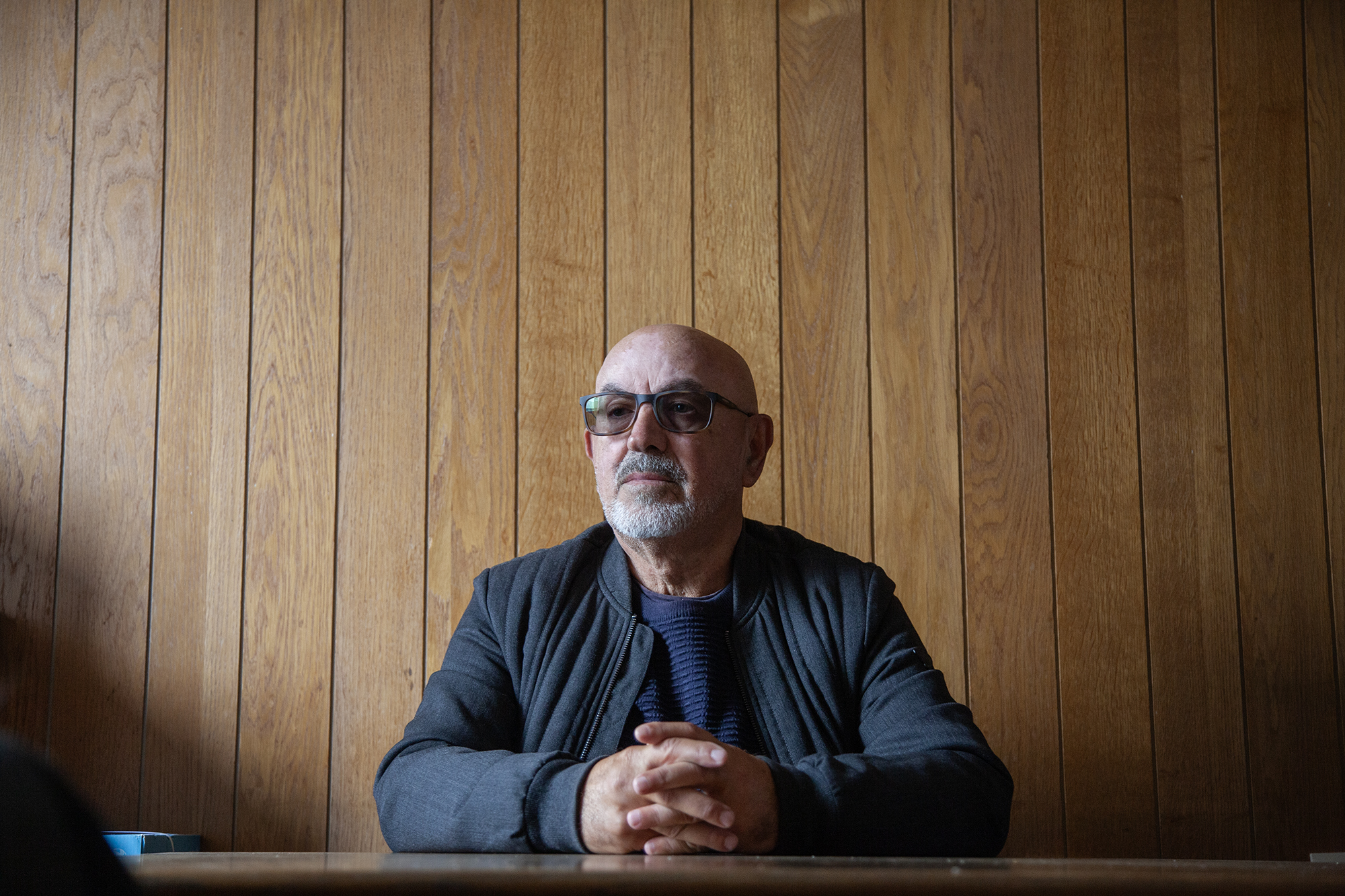On July 13, the Kosovar Assembly approved the Law on the Institute of Crimes Committed during the War in Kosovo, paving the way for the establishment of the War Crimes Research Institute.
In fact, this institute will be re-established. It was first founded in 2011 when Hashim Thaçi, from the Democratic Party of Kosovo (PDK), was prime minister. However, the institute was only able to investigate and document war crimes for seven years. In 2018, it was closed by the government led by Ramush Haradinaj from the Alliance for the Future of Kosovo (AAK), which was in a coalition with PDK and NISMA.
The then PDK Minister of Justice Abelard Tahiri said that the institute was closed because it was not functioning properly and that a law was needed for it to operate effectively.
The idea to reinstate the War Crimes Research Institute came in 2020, two years after its closure during Kurti’s first term in government. The primary goal, as outlined in the Vetëvendosje (VV) governing program is “finding, documenting and archiving facts about crimes committed during the war in Kosovo.” The governing program also mentions that VV will prepare a lawsuit against Serbia for the International Court of Justice.
In May 2021, the Minister of Justice, Albulena Haxhiu, formed a working group to draft the strategy for documenting war crimes in Kosovo.
According to the Ministry of Justice, they have included all working groups, civil society representatives and experts in the process of drafting the law. This included public consultations in the preliminary stages, consultations with interest groups and a formal online consultation platform.
Despite this, the process has been criticized. Some view it as overly complex and time consuming, while others believe it has not included the recommendations of those involved in the drafting of the law, or those who work in relevant fields.
An overdue law and institute
According to civil society organizations and others working in the field of documenting and dealing with the past, the re-establishment of the War Crimes Research Institute is long overdue.
Professor of International Criminal Law Ismet Salihu, who was invited to discuss the issue with Minister Haxhiu, believes that the government has handled this process slowly. “If the current government continues at this slow pace, as it has done for the past two and a half years, I don’t think that it will succeed,” said Salihu.
The delay is also a concern among civil society representatives, including those documenting and investigating war crimes and those working on the Law.
The director of the Council for Defense of Human Rights and Freedoms (CDHRF), Behxhet Shala, said that the failure to establish this institute is a matter of concern.
The Humanitarian Law Center Kosovo (HLC) expressed concern that the longer the establishment of the institute is delayed, the harder it will be to investigate the war crimes. HLC Director Bekim Blakaj said that eyewitnesses and survivors may no longer be alive or may be elderly, which hinders the documentation process. “It is much easier to investigate events when memories are still fresh,” he said.

Bekim Blakaj from HCL Kosovo said that the delay in establishing the institute may make it difficult to investigate the crimes.
Mevlyde Mezini Saraçi, head of the Peace Council in the Gjakova Region and a former political prisoner, sees the establishment of the institute as long overdue. “The witnesses are dying, documents and evidence are disappearing. The decades are passing and the facts are fading,” she said.
Nustret Pllana, a lecturer at the Faculty of Education at the University of Prishtina and former political prisoner, is critical of past governments and urges the current government not to make the same mistakes. “They should not repeat the practices of the previous governments, who established the institute and then disbanded it,” said Pllana.
Minister of Justice Haxhiu has said that she agrees that Kosovo has been slow to establish the institute. However, she said that those who criticize the current government for being slow are wrong to do so.
“Those who thought that a law can be written in a month are mistaken. To establish an institute with a special law, for the first time and to define the powers correctly and in detail is not easy,” she said.
Concerns over political influence
In addition to the delays, there have been concerns about the politicization of the institute, which according to the Law will function as an agency within the Prime Minister’s Office.
The NGO Youth Initiative for Human Rights in Kosovo (YIHR) said that there are several issues with the establishment of the institute. One of these concerns is that it will operate within the framework of the government. The YIHR believes that this will make political influence unavoidable. “The ideal situation would be for the institute to be completely independent of the state, as is done in other countries in the region,” said the YIHR.
According to the HLC’s Blakaj, rather than being part of the Prime Minister’s Office, the institute should function as an independent agency within a scientific or academic institute. As an example, he cited the Institute for War Crimes of Bosnia and Herzegovina, which is part of the Faculty of Law at the University of Sarajevo.
Salihu also thinks that the institute should be independent, like the Institute of History and the Albanological Institute. Salihu thinks that this would ensure stability and allow the institute to continue its work, especially after changes in government. “I am saying this for now, but also for the future. Prime ministers will change and there could be negative consequences for the institute’s work,” said Salihu.

Professor of International Law Ismet Salihu said that the work on establishing the institute has been slow.
However, it was decided that the law would establish the institute within the Prime Minister’s Office.
Minister Haxhiu said that this demonstrates that the government is committed to supporting the institute.
Minister Haxhiu has dismissed concerns regarding the potential politicization of the institute. “If we have a law with clearly defined powers, how can there be political influence on the institute? If the institute is responsible for investigating and documenting the murders, the burned houses, the rapes, the murdered children, where is the potential for politicization?” she said.
Government spokesperson Përparim Kryeziu said alternative possibilities have been thoroughly examined. This analysis involved institutional officials, experts, lawyers and civil society organizations who were part of the working groups responsible for developing the concept document for addressing war crimes committed during the war in Kosovo and the Law on the Institute of Crimes Committed during the War in Kosovo.
K2.0 has contacted representatives from the Albanological Institute, the Institute of History and the Faculty of Law in Prishtina. Their representatives said that neither the government nor the Ministry of Justice had contacted them regarding the establishment of the Institute.
Disagreements over the process
The institute has also faced controversy regarding the timeframe for documents pertaining to crimes committed during the war. The approved law allows documentation from January 1, 1998 to June 20, 1999. However, according to the law, investigations and documentation can also extend to crimes committed after the war period, as long as they are related to the war and dated no later than December 31, 2000.
The CDHRF strongly opposed allowing investigations and documentation until 2000, on the grounds that war crimes cannot be addressed after June 1999, when military operations ended. “We have not agreed to that period in any way. This period was imposed by the international community and is for missing people and for other groups that suffered during the war. I think that this serves a political purpose,” said Shala.

Behxhet Shala from CDHRF said that the extension of the timeframe for documenting war crimes has been imposed.
Salihu, who also opposes the extension of the time-frame, suggested that the model for this duration might have come from the Specialized Chambers, which has jurisdiction over crimes that are alleged to have occurred from January 1, 1998 to December 31, 2000.
Minister Haxhiu said that the vast majority of participants in the working group requested this time period. “I have not seen any written or public complaint against the Ministry of Justice, the government or the Assembly of Kosovo. The law states that the institute will also deal with the investigation and documentation of pre-war crimes,” said Haxhiu, adding that they have done this based on the Law on Missing Persons.
This law defines a missing person as someone whose whereabouts is unknown to their family members and those who look for them. The definition applies to those who, based on reliable information, were reported missing in the period between January 1, 1998 and December 31, 2000, as a result of the war in Kosovo between 1998 and 1999.
Minister Haxhiu dismissed claims that the timeframe was influenced by the international community. “Changes in any law only happen after consultation phases, discussions with different actors, civil society organizations and interest groups,” she said.
Blakaj said that HLC has supported extending the timeframe. According to him, even after the war there were a number of murders, disappearances and other serious violations of human rights.
The YIHR believes that the current wording in the Law regarding the timeframe grants discretion to the institute, allowing it to decide whether to document and investigate the crimes committed after June 20 or not. “This power of discretion can very easily be misused to push mono-ethnic narratives, which could create an environment where inter-ethnic conflicts thrive or possibly worsen,” said a YIHR representative.
Despite being controversial, the Law will now pave the way for the establishment of the War Crimes Research Institute. According to the Prime Minister’s Office, the next step will be issuing by-laws, making structural adjustments and finalizing the internal organization. The office said this will be completed within six months from the date the Law on the Institute of Crimes Committed during the War in Kosovo comes into effect.
Feature image: Majlinda Hoxha / K2.0
The content of this article is the sole responsibility of K2.0.
Curious about how our journalism is funded? Learn more here.




